The difference between rubber wheel roller and steel wheel roller
Road roller is also called compactor. It is a common construction machinery. With its own mechanical gravity, it can deform and compact the rolled layer. It is widely used in mines, highways, railways, airport runways, dams, stadiums, etc. The filling and compaction operation of the project can roll sandy, semi-cohesive and cohesive soil, stabilized subgrade soil and asphalt concrete pavement layer. Road rollers are divided into two types: steel wheel type and rubber wheel type. Today we will take you to understand the difference between rubber wheel rollers and steel wheel rollers, and what are the differences.
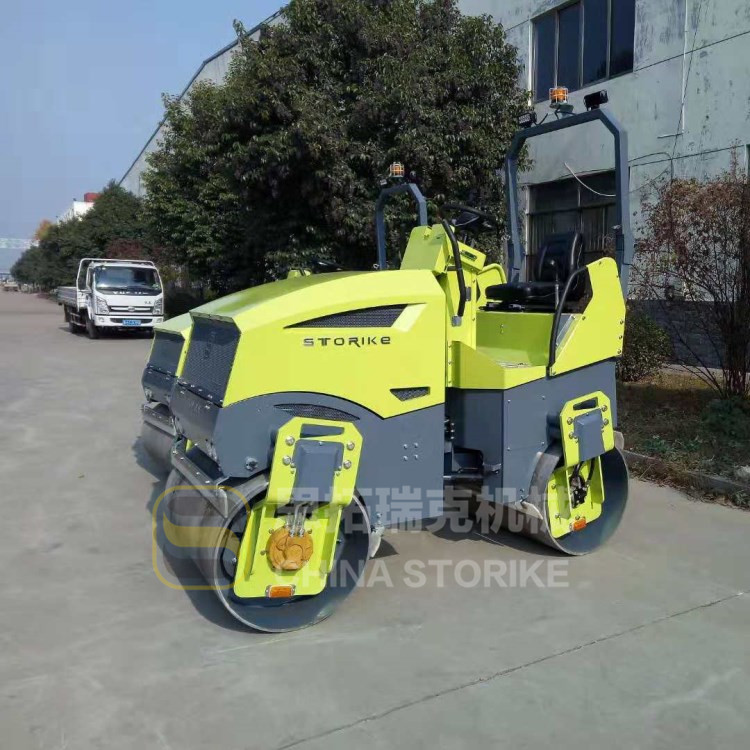
1. Different positioning
1, rubber wheel roller
The tire roller is a kind of machine that uses multiple pneumatic tires to compact the road. The machine roller adopts pneumatic tires, generally equipped with 3 to 5 front wheels and 4 to 6 rear wheels. If you change the inflation pressure, the ground pressure can be changed, and the pressure adjustment range is 0.11 to 1.05 MPa.
2. Steel wheel roller
The roller structure of steel wheel roller includes smooth roller, trough roller and sheep foot roller. Smooth rolling is widely used, mainly for pavement surface compaction. According to the axle arrangement, there are single-shaft single-wheel, double-shaft double-wheel, double-shaft three-wheel and three-axle three-wheel. Mechanical equipment that uses its own gravity and vibration to compact various construction and road materials. In highway construction, shock compaction is suitable for compacting various non-cohesive soils, gravel, gravel mixtures and various asphalt concrete materials, so it is widely used.
2. The difference between features
1, rubber wheel roller
The ground pressure can be adjusted by increasing or decreasing the counterweight and tire pressure to adapt to the compaction of different materials. Three forward gears and two reverse gears. The speed can be changed between 5.33-22.05km/h, which is convenient for construction and transition. The front wheel adopts a mechanical swing type suspension device. With service brake and parking brake, the braking performance is reliable. The panoramic cab with wide field of vision has better sound insulation and vibration reduction effects.
2, steel wheel roller
adopts articulated frame, hydraulic walking, hydraulic vibration, full hydraulic steering system. With two vibration frequencies and two-level amplitude, it can be adapted to the compaction of layers of different thicknesses and various materials. Imported hydraulic pumps, hydraulic motors, and vibration bearings are used to ensure the reliability of the whole machine. The frame and hood are optimized for easy maintenance and repair. It has three levels of vibration reduction, and the cab adopts sealing and sound insulation measures, making driving more comfortable.
In addition, rubber-wheeled rollers have horizontal pressure in addition to vertical pressure. These horizontal pressures not only act in the direction of travel, but also act in the lateral direction of the machine. Because the compaction force can move the material particles in all directions, the achievable density is greater. The action of these forces combined with a kind of "kneading action" produced by rubber tires produces an excellent compaction effect. If a steel wheel roller is used to compact the asphalt mixture, the contact of the steel wheels will form a "bridge" phenomenon between the large particles of the asphalt mixture. The gaps left by this "bridge" will cause unevenness. Compaction.
The above is a brief introduction to the difference between rubber wheel rollers and steel wheel rollers. Shandong Storike provides various types of road rollers, pavers, excavators and other construction machinery to the market. Users in need are welcome to contact us for consultation at any time!
| Next:Application of mobile lighting vehicle in social rescue |


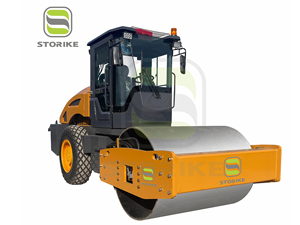
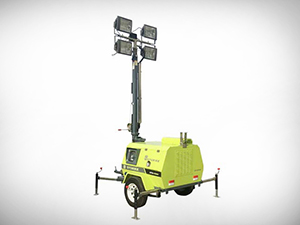
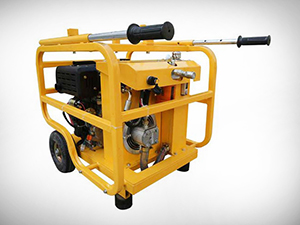
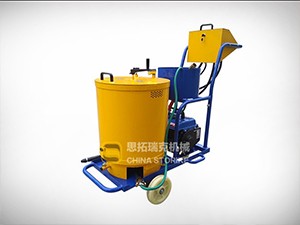
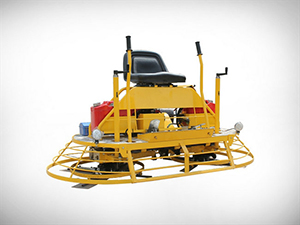




 Telephone
Telephone
 PRODUCT
PRODUCT
 CASE
CASE
 CONTACT
CONTACT